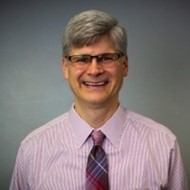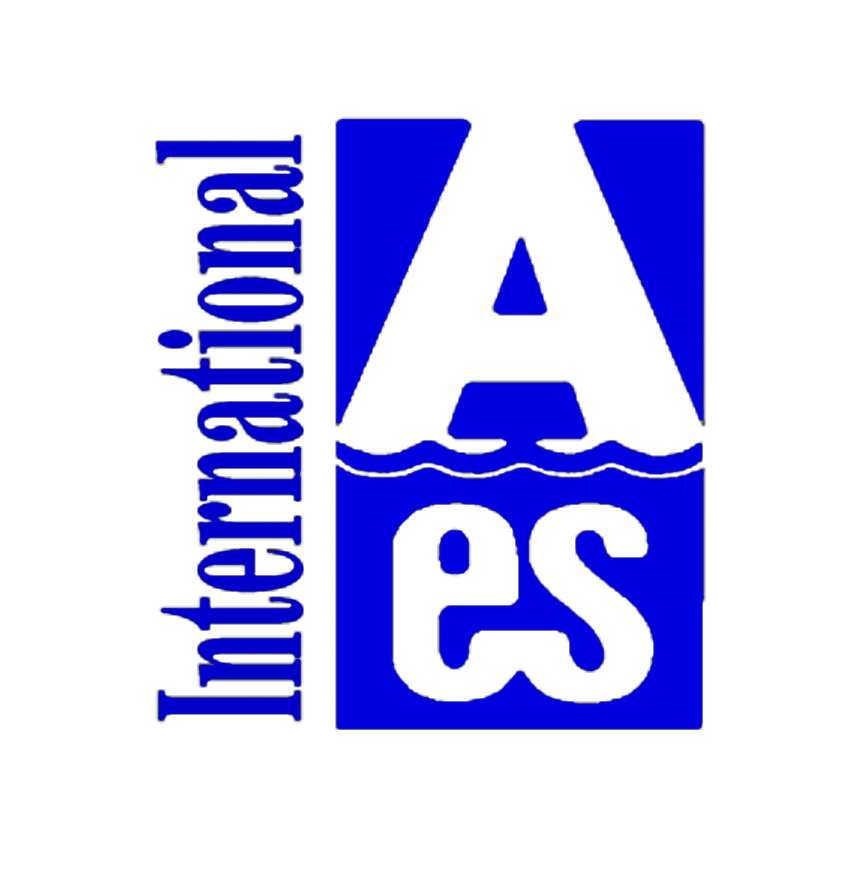Dr. James J. Jozefowicz

Dr. James Jozefowicz
Dr. James J. Jozefowicz is a Professor of Economics in the Department of Finance and Economics at Indiana University of Pennsylvania (IUP). He received his Ph.D. in 1999 from the State University of New York at Albany. He holds a B.S. in Biology and a B.A. in Economics from Marist College. Dr. Jozefowicz has been a member of the faculty at IUP since 1999. He received the IUP University Senate Distinguished Faculty Award for Teaching in 2005 and the IUP Award of Excellence in Volunteer Leadership for Advancement Support in 2020. In 2012, Dr. Jozefowicz was one of 14 economics professors selected for inclusion in the Princeton Review’s Best 300 Professors, a guide recognizing top professors in the nation. Dr. Jozefowicz is a member of the editorial board of the Pennsylvania Economic Review, two-time past president of the Pennsylvania Economic Association, and a member of the board for the Fellowship of Christian Athletes chapter at IUP. His areas of expertise are econometrics, industrial organization, managerial economics, and monetary economics.
Dr. Jozefowicz teaches Introduction to Econometrics and Advanced Econometrics as part of the Honors Concentration in Economics at IUP, and he has supervised 80 honors theses in economics to date. Several of these students have won awards for their papers and presentations, including the Research Award at the Pennsylvania Sports Business Conferences and the Best Undergraduate Student Paper at the Pennsylvania Economic Association Conferences. Dr. Jozefowicz has published approximately 20 articles on a wide range of topics including the economics of crime, income inequality, economic education, cancer incidence, economics of religion, and movie economics.
Why did you become a member of the International Atlantic Economic Society?
I count myself blessed to have been friends with the late C. Alexander Garvin and his wife, Alice, who were longtime supporters of the IAES. Alex served for many years on the Distinguished Speaker Advisory Board and the Program Committee for the IAES, and he and Alice often shared stories about special times with John Virgo and their experiences attending IAES conferences around the world. Alex and Alice were benefactors of the Endowment Fund and Friends of the Society. It was Alex who encouraged me to join the IAES because of how professionally beneficial his involvement had been.
What types of projects/research are you currently working on and what inspired/motivated you to pursue these interests?
Much of my research derives from research papers written by the students in my Introduction to Econometrics and Advanced Econometrics classes at IUP. Oftentimes, these undergraduates conceive of compelling topics that spark my interest, and I collaborate closely with them to further develop the analysis. My current project is a perfect example of that teacher-scholar model in action. One of the students who completed the econometrics sequence last year conducted an analysis of white-collar crime, and his paper intrigued me. Currently, I am working with that student on a further examination of white-collar crime rates in a state-level panel data sample. Relative to other property crimes, white-collar offenses are studied to a lesser extent, and we are interested in understanding whether white-collar crime rates conform to the short-run criminal opportunity and long-run criminal motivation effects hypothesized by Cantor and Land (1985) in their investigation of the unemployment-crime relationship.
What advice would you give to someone who is considering entering your line of work/field of study?
I am a firm believer in specialization based on comparative advantage, and I encourage my students to apply that principle as they collaborate on research projects. I also advise my students to become proficient in Excel and to learn at least one econometric software package. When advising undergraduate students, given the growing emphasis on data analytic skill sets, I encourage them to take more math and statistics courses and to stack credentials with a minor in applied statistics and/or math.
Going forward, what other projects/research are you planning to or hoping to pursue?
I have developed a particular interest in the economics of crime, and I am especially curious about the robustness of the unemployment-crime relationship hypotheses across different crimes and different geographic samples. I also would like to examine criminal inertia more extensively using dynamic panel data models.
What’s your favorite hobby?
I happen to blend both my professional and personal lives by being married to a fellow Ph.D. economist, whom I met at IUP after we were separately hired into tenure-track lines. We have spent considerable time together through the years attending IUP fine arts, athletic, academic, and donor engagement events. We get tremendous utility from eating at good restaurants with our daughter, whether that be near our home or while traveling. (I am a huge fan of barbecue, seafood, Mexican food, and Chinese food.) We always look forward to catching up with IUP alumni either on campus or in locations scattered across the United States. We also enjoy laughing at the antics of our Soft-coated Wheaten Terrier.

